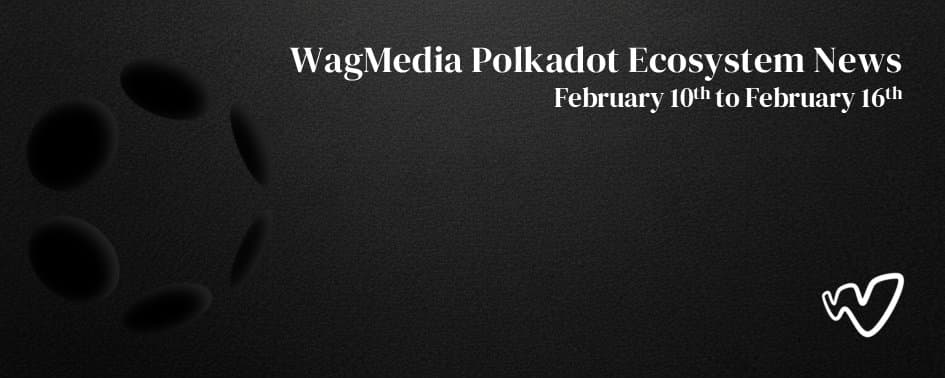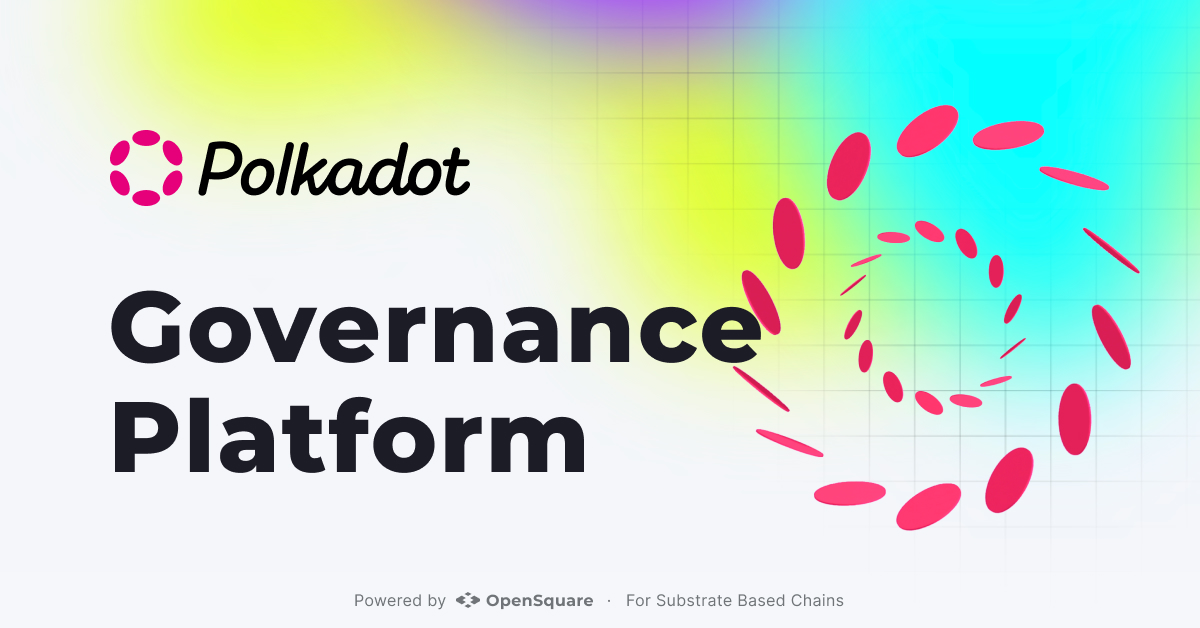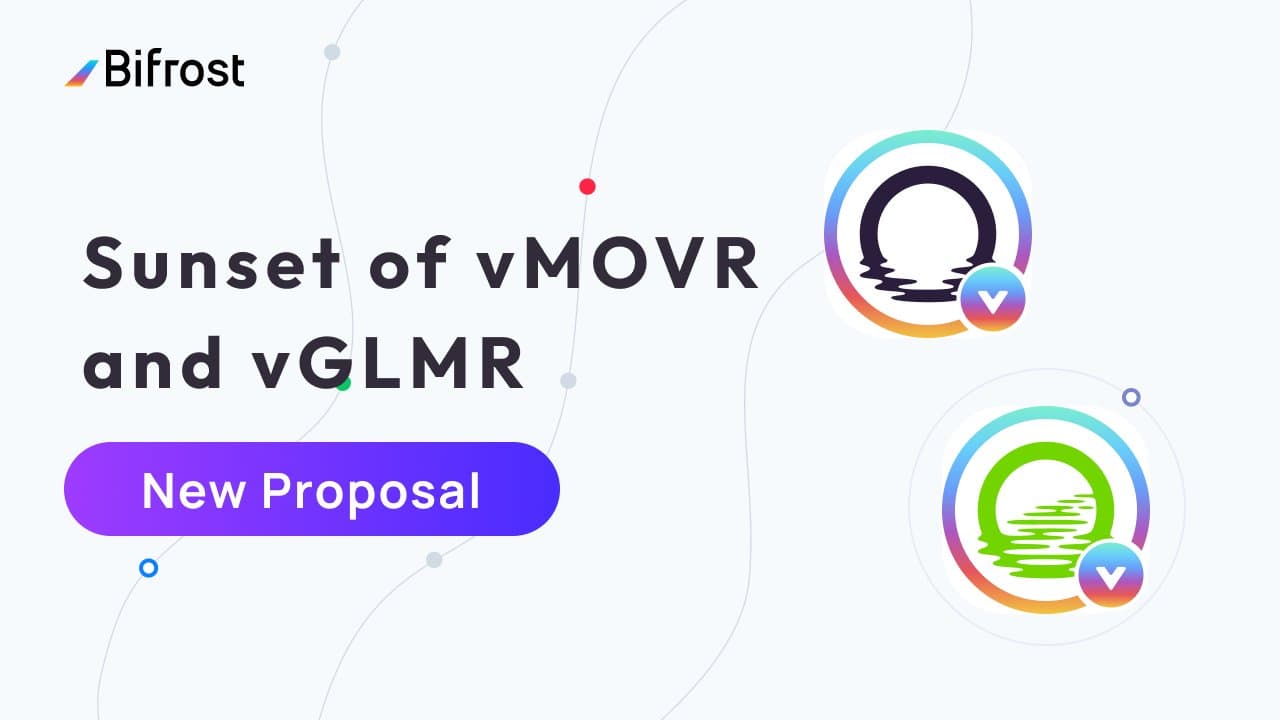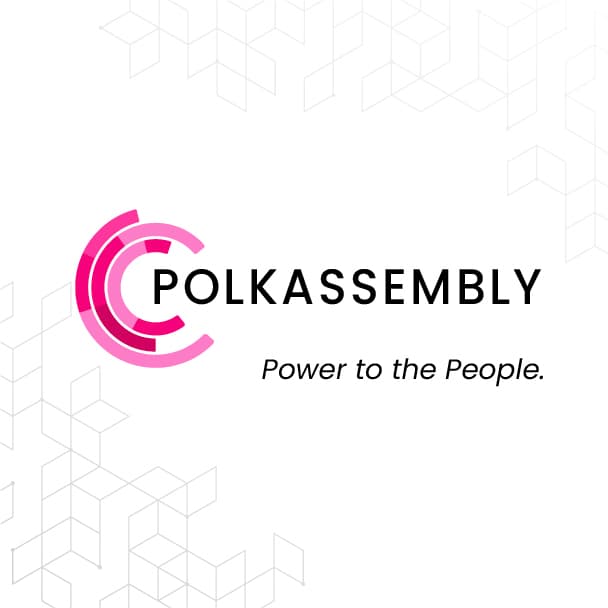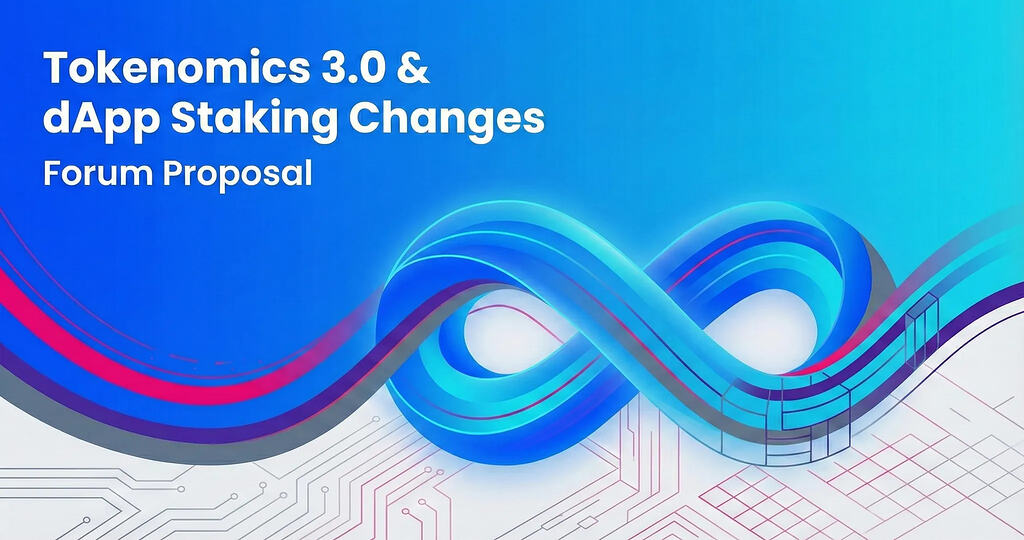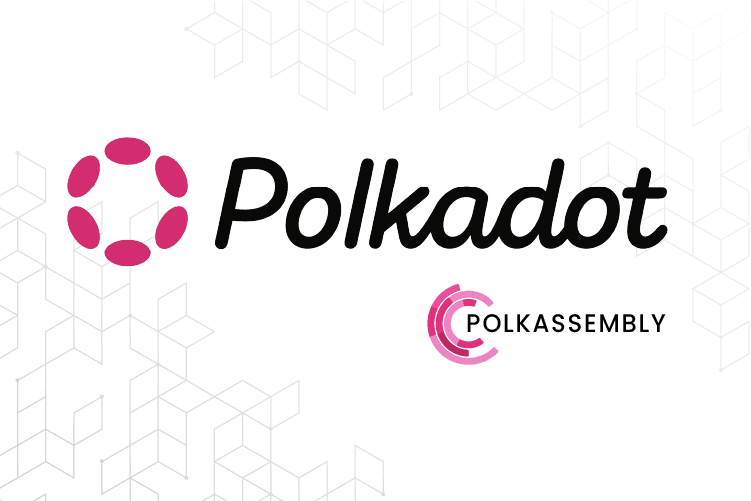Opengov Articles
OpenGov is all about putting governance in the hands of the community. In this category, we explore how Polkadot's unique governance model empowers users to propose, vote, and shape the future of the network. From referendum mechanics to decision-making processes, these articles break it all down so you can better understand how Polkadot's decentralized governance works—and how you can get involved.
Read a total of 65 articles and 656 news on Polkadot OpenGov written by our community creators
Opengov News
Hatching the Next Funnel
XMAQUINA Referendum BOT-10, if passed, will allocate $200K to secure a 20% pre-seed stake in Robotico, a data and analytics platform for the humanoid robotics sector. As the DAO’s first incubation under DEUS Labs, it is envisioned to act as a key funnel for user acquisition and ecosystem growth.
News from the Finders Program
Wag Roundup February 3rd to February 9th. Apologies for the delay. The full roundup for February 3rd to 9th is now live. Note: the weekly newsletter has now been paused. https://x.com/thatMediaWag/status/2023861357607887290 Wag Roundup written and edited by Cover Image by
Closing the Tab on Polkassembly
Polkassembly submitted Referendum 1839 to fund a transition to closure after future funding discussions with the Web3 Foundation stalled. The 62.7K USDT request covers discounted contributor pay and essential closure costs, with operations continuing for four months during the wind-down.
An ASTR-nomical Refinement
Taking community feedback onboard, the Astar Foundation is proposing updates to the Tokenomics 3.0 model. Target inflation would be reduced from 7% to 5.5%, with a max ASTR supply of 10B. DApp Staking would be streamlined, limiting participation to 16 projects and moving to annual voting.
The Robo Market Vote
XMAQUINA Referendum XMQ-03 introduces four weighted options for allocating 1M USD to fund the RCM Protocol. XMAQUINA already holds stakes in several robotics companies, and RCM would let the DAO create tradable onchain markets around those holdings, improving access and liquidity while generating recurring fees.

 Non Anglo
Non Anglo










